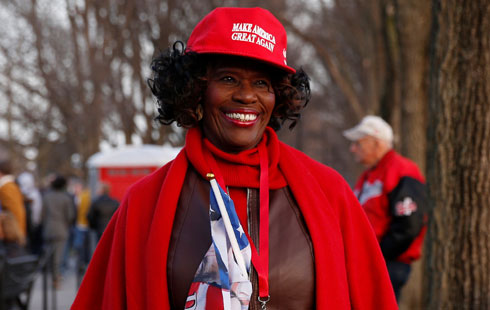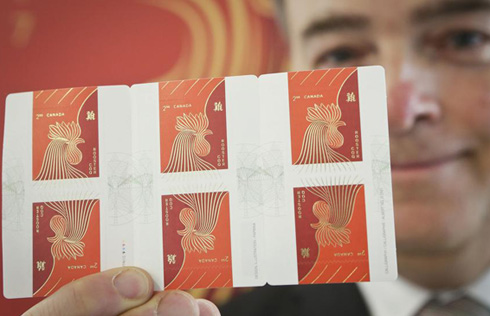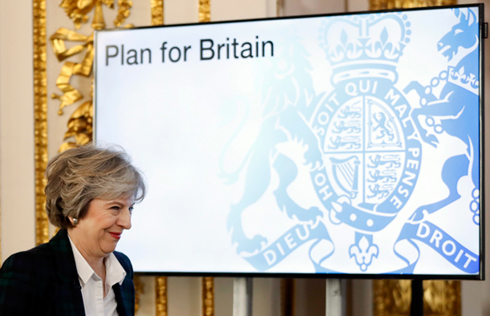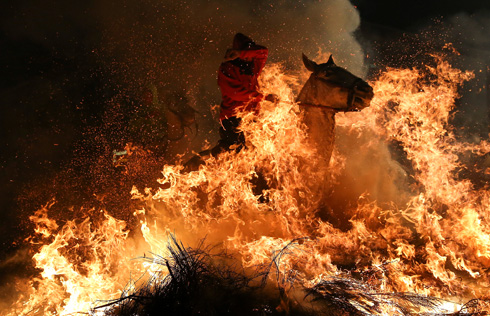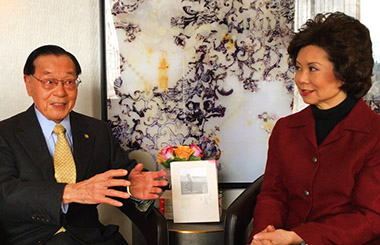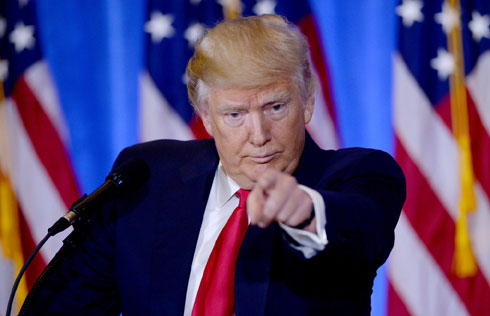Uncertainty reigns in China-US relations
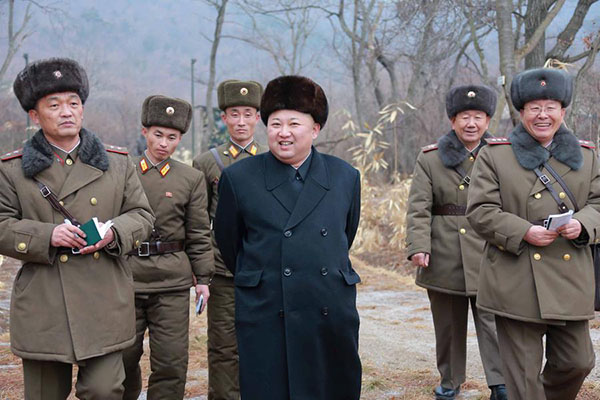 |
|
Democratic People's Republic of Korea leader Kim Jong-un inspects a sub-unit under KPA Unit 233, in this undated photo released by North Korea's Korean Central News Agency (KCNA) in Pyongyang January 19, 2017. [KCNA/via Reuters] |
Democratic People's Republic of Korea (DPRK)
During his presidential campaign, Trump said that he would be willing to meet with DPRK leader Kim Jong-un. He also said after a North Korea nuclear test in January 2016 that China has "total control" over North Korea and that if China doesn't "solve the problem, we should make trade very difficult with China."
Trump tweeted early this month that "China has been taking out massive amount of money & wealth from the US in totally one-sided trade, but won't help with North Korea. Nice!"
US officials, including Trump's secretary of State nominee Tillerson and Defense secretary nominee James Mattis, have listed North Korea as a major security threat to the US.
Last week's hearings for Tillerson and Mattis came a few days after North Korea announced that it will launch an inter-continental ballistic missile (ICBM) "anytime and anywhere" determined by its supreme headquarters.
"The US is wholly to blame for pushing the DPRK to have developed ICBM as it has desperately resorted to anachronistic policy hostile toward the DPRK to encroach up its sovereignty and vital rights," DPRK's official KCNA news agency quoted the country's foreign ministry spokesman as saying.
In response to Trump's latest tweet, Foreign Ministry spokesman GengShuang said "China's efforts are widely recognized, and we hope all sides will avoid remarks and actions to escalate the situation."
US officials, including outgoing Secretary of State John Kerry, have spoken positively of China's efforts in the denuclearization of the Korean Peninsula, including China's latest endorsement of the UN Security Council resolution in late November of imposing new sanctions on DPRK for its nuclear test in September.
Liu Jieyi, China's ambassador to the UN, applauded the resolution. But he said it pointed out that relevant measures are not intended to produce negative consequences on DPRK's humanitarian situation and the livelihood of its people, not to affect its normal economic and trade activities.
China has long urged resumption of the Six-Party Talks suspended since 2008. The talks on denuclearization of the Korean Peninsula involve DPRK, South Korea, China, the US, Japan and Russia.
While endorsing the UN resolution, China has expressed strong protest over the planned US deployment of THAAD (Terminal High Altitude Area Defense) anti-ballistic missile system in South Korea. Both China and Russia regard the system as posing a strategic security threat to their nations.
Charles Armstrong, a professor of history at Columbia University and an expert on the Korea Peninsula, said these are the strongest sanctions imposed so far, but he is not sure if the sanctions alone could make the DPRK cease its nuclear and missile testing.
"A resolution of the problem can only be reached if there are positive inducements for North Korea to give up or suspend its nuclear program, and that would have to involve dialogue with the US," he told China Daily.
"We will have to see what the Trump administration's policy will be toward North Korea," Armstrong said.
Ted Carpenter, a senior fellow of defense and foreign policy at the Cato Institute, said imposing more sanctions simply continues a strategy that hasn't worked.
"China's willingness to go along with tougher sanctions, though, reflects Beijing's growing impatience with North Korea. It will be interesting to see if Trump adjusts Washington's policy on this issue," Carpenter said.




